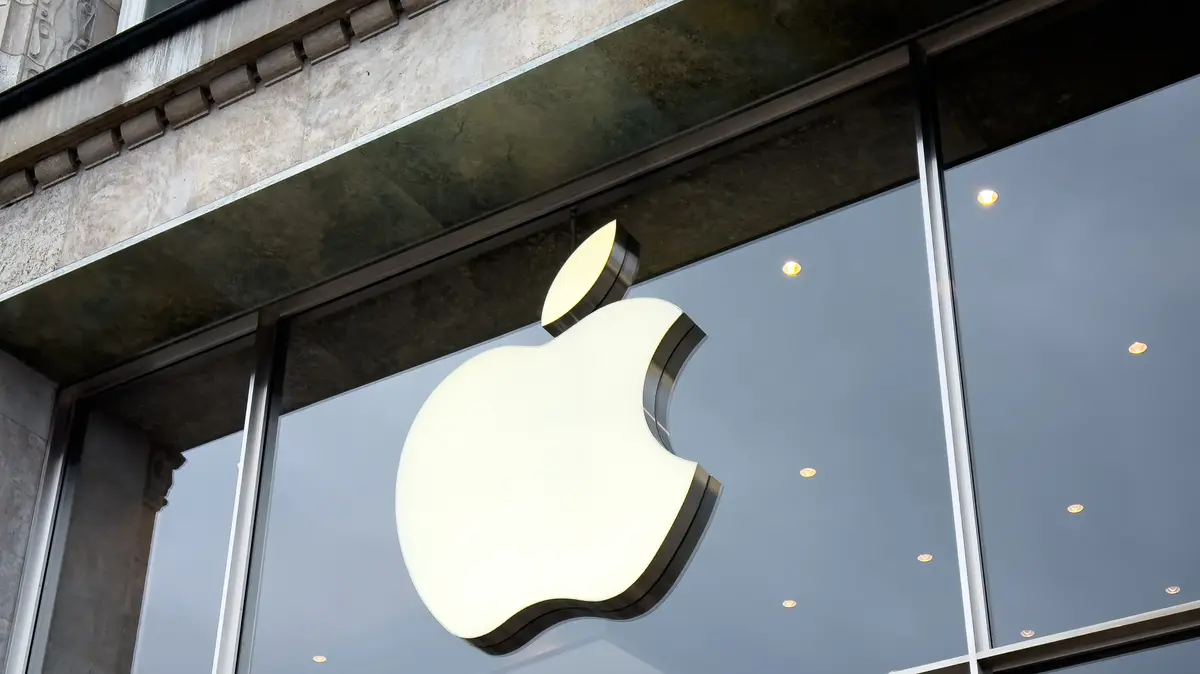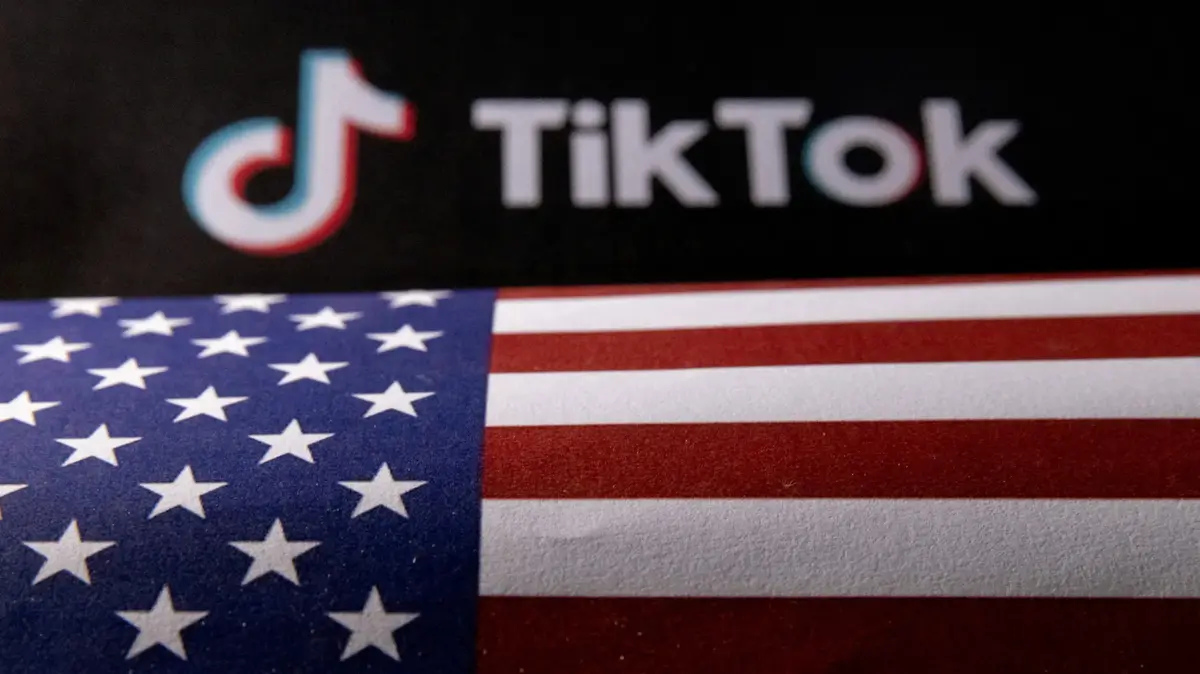The cell phone market in Israel is flooded with different models at varying prices, and the entry of more "players" into the arena can be attributed to the cell phone reform of the previous decade: Israel underwent a revolution during the time of the then Communications Minister Moshe Kahlon, who opened the market to competition.
Before it, the power was in the hands of the cellular operators (Cellcom, Pelephone, etc.).
They are the only ones who could sell mobile devices.
Every few years, Chinese mobile companies enter Israel, and the most prominent of them is Xiaomi, which in the last two years has held more than 20% of the market share in Israel (device sales, not profits).
It is estimated that 30% of the phones sold in Israel are Chinese devices.
Despite this, the head of the revenue table is led by the American Apple, because the prices of the iPhones are significantly higher than the average price of the other devices sold in Israel.
The most powerful Chinese in Israel.
Xiaomi, photo: Xiaomi
In Israel, and certainly in the US, the Chinese smartphones still do not "bite hard" at Apple. "Apple has always been a market of people who are its 'freaks' and are used to working with Apple.
These are people who are willing to stand in line for hours to buy a device, these are people who are willing to pay dearly.
This is a slightly different phenomenon.
In the end, Xiaomi and Apple have a size of 25%, and I assume that not only Samsung but also Apple was hurt by the fact that Xiaomi entered strongly, and the market share is increasing," says Avi Kornfeld, CEO of Xiaomi Israel of the Hamilton Group, which has been operating in Israel since 2015.
"We are playing with Apple for second and third place (in terms of devices sold, not in financial profit). Xiaomi's motto is to give the most attractive product at the lowest price. None of the other Chinese managed to duplicate this mantra. In the first years we did not advertise at all, no It was necessary."
Would it be correct to say that the fall of Huawei also added to your success?
"True. As soon as Huawei fell in the world, Xiaomi concentrated on high level to take Huawei's share. Xiaomi 13 for example now focuses on the photography lenses, like Huawei did at the time."
The mobile phone market is declining - but the Chinese devices that are sold are increasing
Comparing the period between January-November 2021 and the corresponding period in 2022, the cellular market in Israel decreased by 9.2% (in the amount of devices sold).
The decrease can be linked to a global price increase, and the fact that consumers prefer to "pull more time" with their existing device than to buy a new one.
Despite the general decline, the Chinese show an increase of about 8% in sales of the devices, according to data from the research company GFK.
The "bite" came at the expense of Korean Samsung device sales, which decreased in the period in question by a similar rate (7.5%).
Two years in Israel.
Oppo, photo: OPPO
Despite the decrease in the amount of devices sold between the mentioned periods, in terms of costs (monetary value) - the market only decreased by one percent, mainly due to the launch of iPhone 14. The Chinese, as mentioned, increased their market share both in units sold and in monetary value.
Alongside Xiaomi, devices from the Chinese companies Realme, One Plus and OPPO are sold in Israel, among others.
"It is easier for a customer who had Android to buy a phone with the same operating system and not convert himself to Apple," explains Avishai Paris, CEO of Ronlight, an importer of OPPO in Israel, which has been operating in Israel for two years. "In Israel, they understand that you can get a product that is more value for money: The quality and specifications are better, at a lower price.
If you can buy the same capabilities of a product for less money - buy.
Today, if you put the iPhone aside, the average price of a phone is between 800 and 1,000 shekels, and here the Chinese players have a variety of products, which is why they are more popular."
Avishai Paris, CEO of Ronlight, importer of OPPO, photo: OPPO
"Today, OPPO is playing for a 2%-2.5% market share. The ambition is to go head-to-head and reach 4%-5% percent and northward. Globally, OPPO is positioned in fourth-fifth place, depending on the quarter. Especially in Europe, where they occupy a large market share ".
How did the Chinese become legitimate in the eyes of the Israelis?
"When there are several Chinese companies offering their wares for consumers, the market is flooded with different devices that can be purchased. For the most part, the good news about these devices is that you get a premium device at an attractive price compared to the leading companies in the field, such as Apple and Samsung."
Smaller children with smartphones, use is also increasing among the elderly
According to the data of the Central Bureau of Statistics, more than 95% of secular Jews use the Internet via mobile phone.
A growing use was also recorded among older residents: more than 55% of those aged 75 and over used the Internet via mobile phone in 2021, and the figures are on the rise.
Also, according to the data of the National Council for Child Safety, more than 85% of children aged 8-15 have a smart phone.
The youngest age at which children received a smartphone is six, with most children having a smartphone from the age of 9-10.
With the increase in age, the percentage of children who own a smart phone increases.
About a quarter of children use their smartphone for more than five hours a day, and the most common uses of the smartphone among children aged 8-15 are WhatsApp, games and conversation.
Among teenagers, the most common uses are WhatsApp and Instagram.
Therefore, many parents prefer to buy their children a device that will not hurt the parents' pocket.
The Chinese brands are a good option for them.
"Ready to stand in line for hours for a device."
The entrance to the Apple store in California, photo: AFP
"The Chinese smartphones are biting Samsung today when it comes to devices that cost up to NIS 1,000. Above NIS 1,000 - customers will prefer to buy another brand," says Amir Moden, CEO of "Bag". "Also, many customers are a little indifferent to the 5th generation for two reasons: 5g is more expensive in the cellular companies, and the deployment of 5g is relatively limited in Israel, that's why they prefer 4g - the monthly package is cheaper, the deployment is better and the device is cheaper," Modan explains.
"Today, even very old customers use WhatsApp and a smartphone. The 'dumb' phone is very 'niche', it is mainly in the ultra-Orthodox market. Everyone wants a smartphone. Beyond that - without WhatsApp and without Wise - it is difficult to function today. The leading Chinese devices in the 'Bug' are Xiaomi, Realme, One Plus, vivo and OPPO. They have a very low failure rate, they are very durable and they hardly break. In Europe, the Chinese brands, like in Israel, are in the first places. In the US, the situation is different."
Among the leading Chinese brands.
Rilmi, photo: GettyImages
Not only smartphones - will the Chinese car conquer the market?
Little by little the Chinese brands have become legitimate in Israel, and the Chinese are not satisfied with just smart phones: Xiaomi continues to make cutting-edge technologies available at relatively affordable prices.
At the beginning of the year Xiaomi 13 will be launched in Israel, and at the same time the company continues to develop ecosystem products for the home and wearable technology.
In Israel you can find televisions, vacuum cleaners, scooters, security cameras, smart lamps, smart watches, headphones and music players.
Xiaomi recently revealed its intentions to launch an electric vehicle for mass production.
But another vision for the time being.
At the moment we can only guess what it will look like and when it will be launched.
Lei John, the founder of the company, stated that he intends to place the future vehicle among the five largest car manufacturers in the world.
We will wait and see if the predictions come true.
Xiaomi is not alone.
OPPO also makes LCD TVs, e-books, MP3 players and more.
In addition to these, it has been operating an innovation center in Israel for about two years - OPPO Innovation Accelerator Israel - when it is not impossible that the Chinese company will acquire an Israeli company in the near future.
The company also invited Israeli companies to participate in its startup competitions, which may expand working relationships.
OPPO store in China, photo: GettyImages
And what about the near future?
"I think there are not going to be major revolutions in the cellular sector. The cameras are in a constant improvement trend. The foldable ones - at the moment the demand is not high despite all the efforts invested in it," Moden concludes.
were we wrong
We will fix it!
If you found an error in the article, we would appreciate it if you shared it with us








/cloudfront-eu-central-1.images.arcpublishing.com/prisa/57W3XJJOEVD6DPVJCW54P3NVUE.jpg)